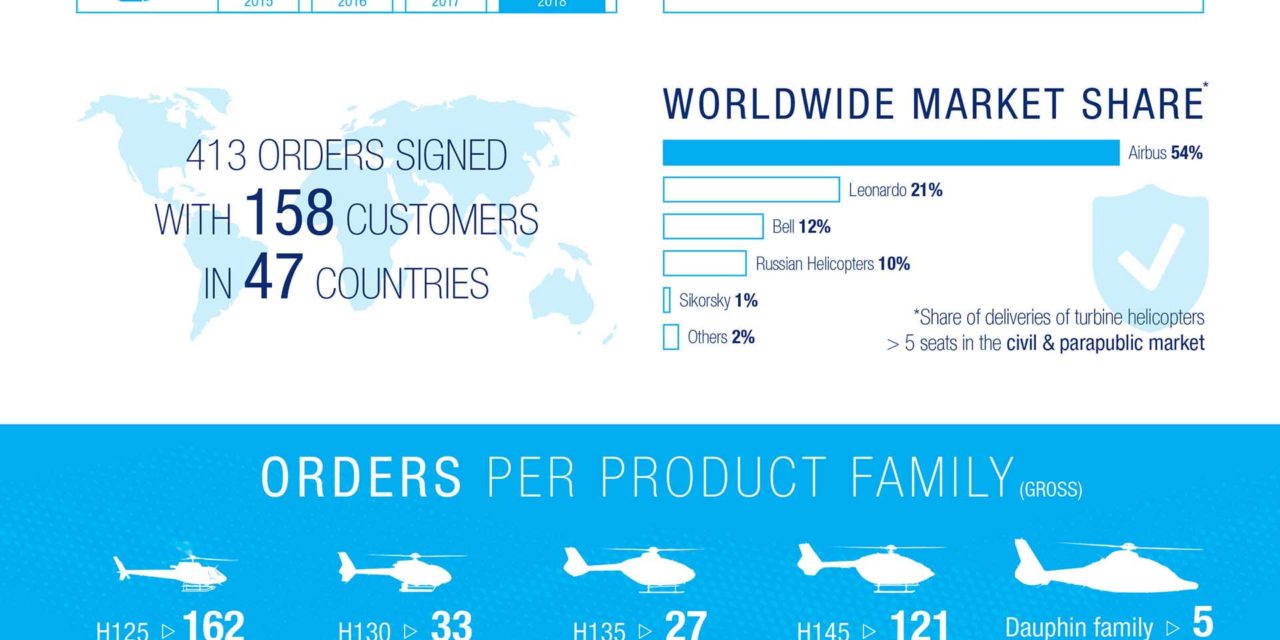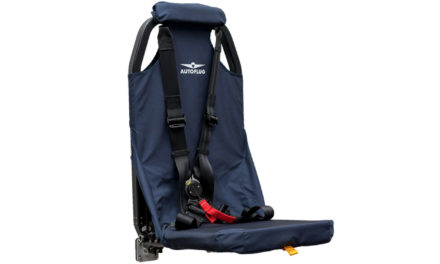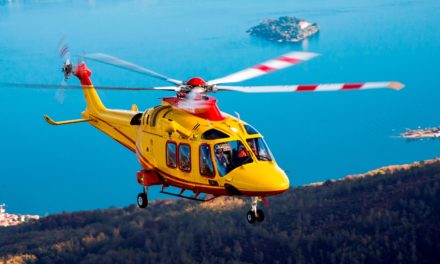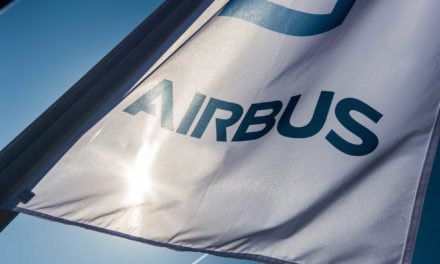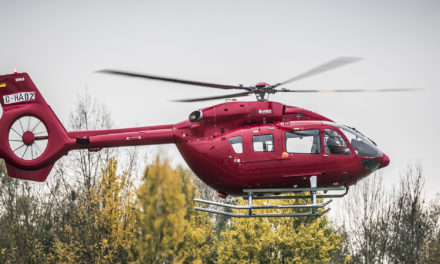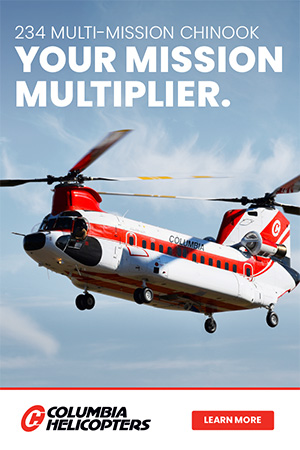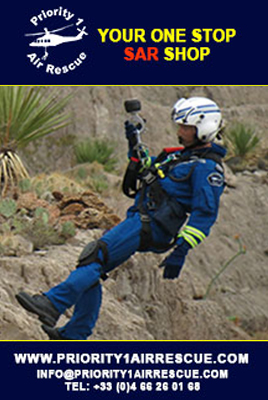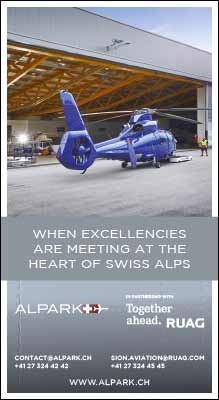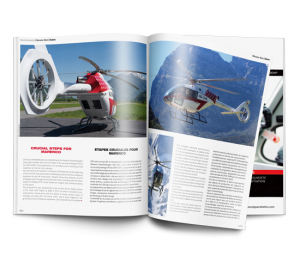The year 2018 was rather favorable for Airbus Helicopters which recorded 413 gross orders last year against 350 the previous year, even if the balance of deliveries is slightly down with 356 machines delivered in 2018 against 409 in 2017. With an increased order book, despite a difficult business environment, the company maintains its leading position in the civil and parapublic market while strengthening its position in the military market through the acquisition of new contracts. The order book amounts to 717 aircraft at the end of 2018 (compared with 692 at the end of 2017), which enables Airbus Helicopters to find, for the first time in a decade, a positive order-to-shipment ratio.
Bruno Even, Chief Executive Officer of Airbus Helicopters explains: “The commercial performance of 2018 demonstrates the resilience developed by the company to navigate in an environment that remains difficult” and adds: “Even if the civil and parapublic markets remain at a low at a global level, our range has allowed us to maintain our leadership. “
Airbus Helicopters dominates the civil and parapublic sector with 54% of the market share, far ahead of Leonardo (21%) and Bell (12%). Key elements of this success include the delivery of the first of 100 H135s from Qingdao’s final assembly line in China. This should allow Airbus Helicopters to meet the growing demand of the Chinese civil and parapublic market.
In the military sector, the year 2018 was also beneficial for Airbus Helicopters thanks in particular to the H225, selected by many countries, and to the NH90, which was ordered by Qatar (28 helicopter) s and by Spain (23 helicopters). “These positive trends allow us to prepare for the future and continue our transformation, with the innovation and loyalty of our customers at the heart of our concerns” continues Bruno Even.
The development of new programs, in line with the objectives, is indeed in an active phase. In 2018, the successful ground tests of the CityAirbus, a vertical take-off and landing electric demonstrator (eVTOL), make it possible to plan a first flight in early 2019. The end of 2018 also was marked by the first autonomous flights of the VSR700 Optionally Piloted Vehicle (OPV) demonstrator.

